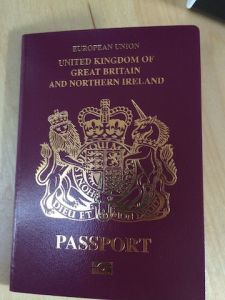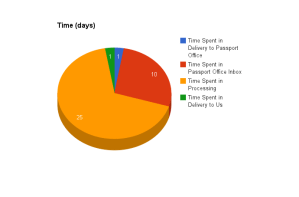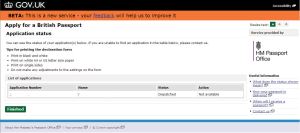If you have not been following the Twitter acquisition by Elon Musk, or don’t know what any of this actually mean, feel free to stop reading now.
So after all the Twitter acquisition saga (Musk to by Twitter, deal agreed, Musk trying to back out of it, Twitter taking Musk to court to enforce the deal, Musk finalising the acquisition before ending up in court), Mr Musk has laid off the executives at Twitter, followed by about 50% reduction of the workforce, and implemented some changes to the way Twitter works (sometimes reversing these changes in short order), causing a big drop in revenue for the business, as some of the biggest advertisers hit the pause button with their Twitter spending.
Now a lot of employees (current and former) and users are unhappy about the way Mr Musk is making decisions about the business he just acquired, and a lot of people are not shy about expressing their discontent online (often on Twitter!). However, let’s think about this for a minute. Mr Musk has acquired the business, and paid a lot of money for it (and had to get some big loans for the that $44bn tag price).
Now you could argue that as Mr Musk owns the business, he can do what he wants with it, even if he ends up driving it into bankruptcy (and at $44bn, it would be an expensive exercise), and that nobody else has got any standing to tell him what to do with what he owns.
If customers, users, employees are unhappy about any of it, they can certainly leave (employees), stop paying for Twitter products (customers), and leave the platform (users), and many have been doing just that. Nobody is obliged to use the platform, work for Mr Musk, and buy Twitter services/products.
However one could also argue that, like any responsible business owner and chief executive, Mr Musk should look after his employees, customers, and users, rather than just treat his business as a possession to do what he wants with. If this a point of view one wants to take though, I would argue that this should have applied to the previous owners (shareholders who looked after their investments through the board of directors) and executives of Twitter as well. The same ones who decided to accept the deal proposed by Mr Musk. The deal that netted executives and shareholders a lot of money: did they actually take enough time to think what the impact of such acquisition would be on the business, its employees, customers and users? After all Mr Musk had not been shy about sharing his thoughts about Twitter, so what is happening now should not have been so unpredictable. Or did they just stopped thinking once they saw the amount of money they stood to make from the acquisition deal? The same deal they were going to take Mr Musk to court for when he started trying to back out of it (and which he eventually completed). Are they any less responsible for the current state of the business, thanks to a self-enforced blindness to the consequences of the deal, induced by a huge payoff? I would argue not, and I would argue that anybody affected could have had at least some idea that things would have been more challenging.
But hey, Mr Musk didn’t get to where he is by being unsuccessful in business, and he is revered by many for his business acumen, and his achievements. So who knows, maybe he does know what he is doing, and Twitter will flourish and become very successful, with good peace of all the employees who were let go of, without a golden parachute, and who are not finding it quite so easy to walk into a new job, at a time of economic uncertainty.



 Posted by lucarastello
Posted by lucarastello 

![IMG_0820[1]](https://luca.rastello.eu/wp-content/uploads/2014/07/img_08201.png?w=169)
